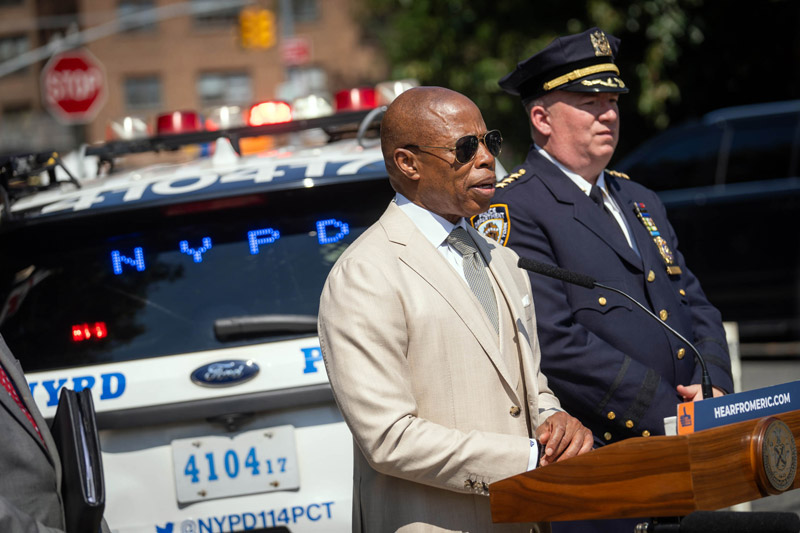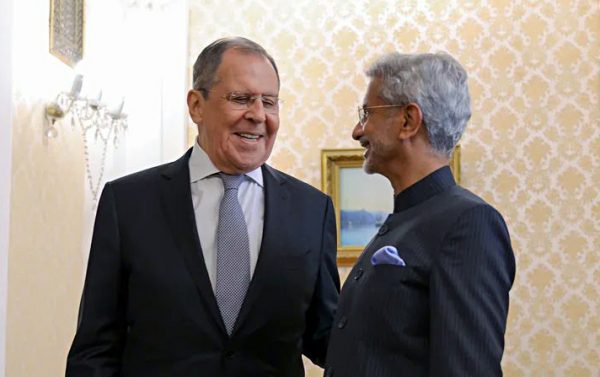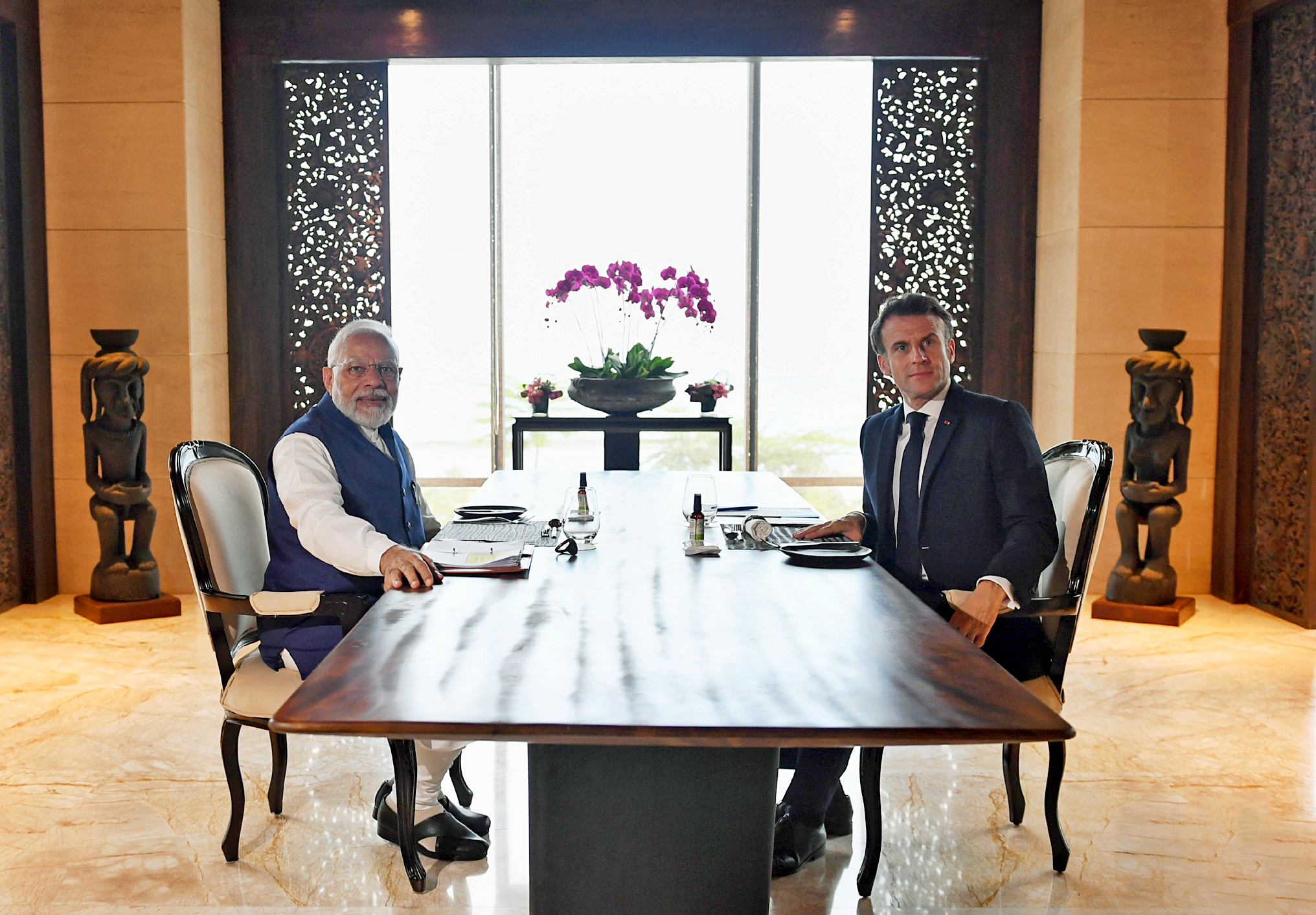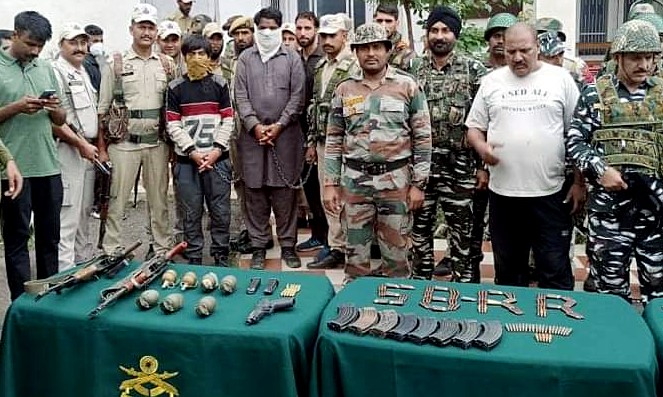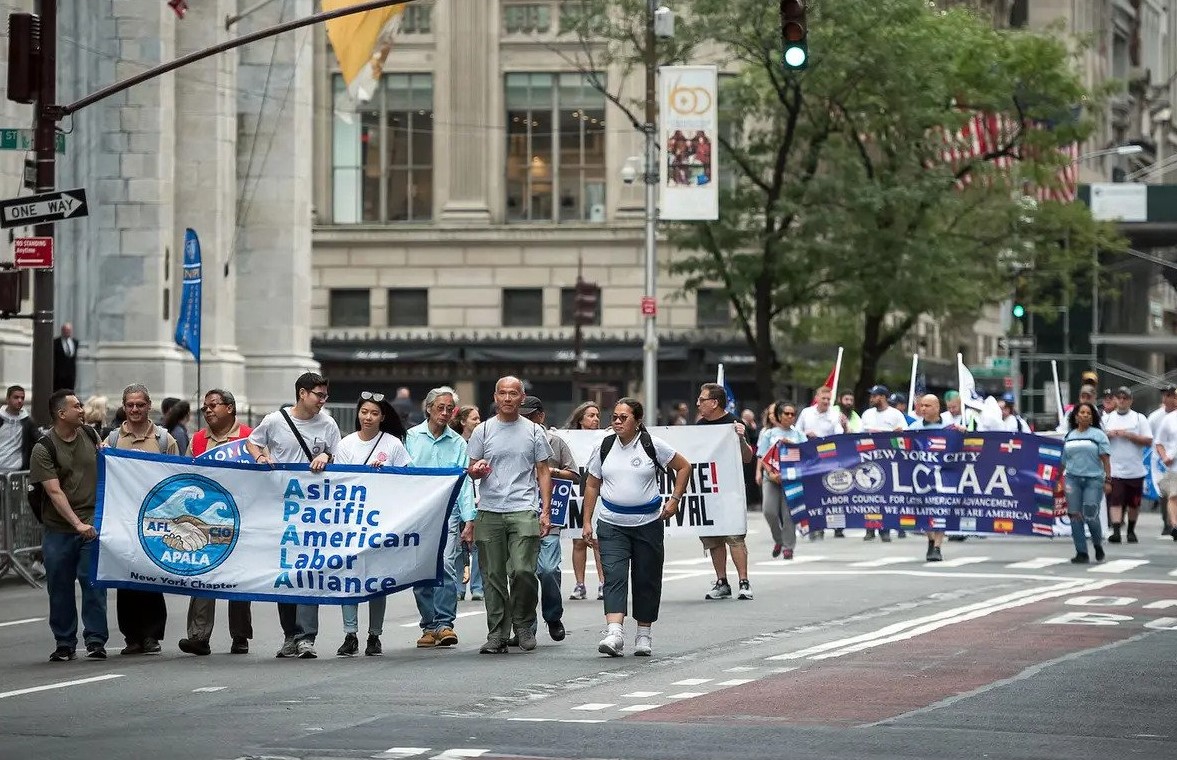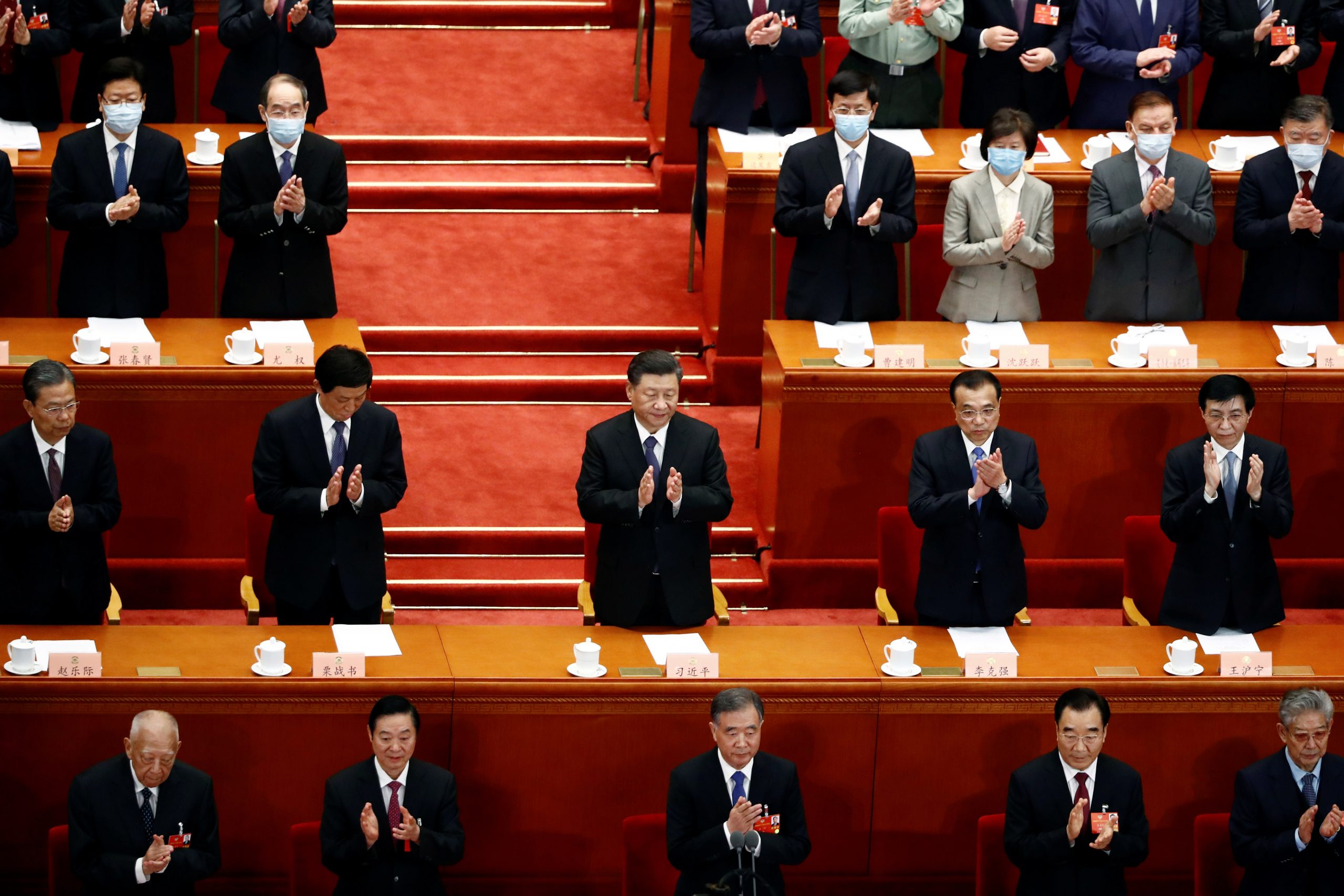Nandini Khandelwal
Prime Minister Benjamin Netanyahu’s assertive nature of politics in the global arena has withstood numerous prophecies of his rule’s demise. However, in the current crisis, PM Netanyahu is not only facing mounting criticism from outside of Israel but from inside too. Domestically he is expected to fulfil his pledge to quash Hamas, liberate the hostages, and manage the unrest within his coalition.
The terror strikes carried out by Hamas on October 7, 2023, reignited the Israel–Palestine conflict. In the early days of the war, Israel received support from the world community. However, as the conflict dragged on, the support began to reduce due to Israel’s relentless retaliation on Gaza. The international response notably that of Arab states, focused on achieving peace, by taking on the role of war mediator. Against the given backdrop, this viewpoint attempts to evaluate the current political dispensation of Israel, revolving around Netanyahu, to determine whether future regional peace will occur.
Political Landscape Amidst War
Israel’s political electoral history has never seen a government with a complete majority since its inception. The year 2022 was no different, though. This time, the far-right and ultra-orthodox parties have a substantially higher presence headed by PM Netanyahu. The nationalist Likud Party secured the most seats as compared to any other party. However, to form a government, it needed to include five other parties, which helped Netanyahu come to power.
In the wake of the October 7 attacks, a three-member wartime security Cabinet consisting of PM Netanyahu, Defence Minister Yoav Gallant, and centre-right opposition leader Benny Gantz from the National Unity Party (MK) was constituted. In addition, two observer members, Ron Dermer (Likud) and Gadi Eizenkot (MK), are there to participate in the Wartime Cabinet because of their military expertise, though they are not eligible to cast votes on decisions. It resulted in an “emergency government” to take wartime decision. However, some reports suggest rifts within this wartime Cabinet. One such instance is Eisenkot’s criticism of Netanyahu’s handling of the ongoing war with Hamas, stating that it was unrealistic to talk about defeating the terror group completely and that fresh elections should be held in the coming months to rebuild public confidence in the government.
Netanyahu’s Domestic Challenges
Pre-Gaza war, the credibility of PM Netanyahu was dwindling in light of the numerous allegations of corruption that have been levelled against him for many years now. Following his decision to restructure the judiciary, his popularity further plummeted. However, on January 1, 2024, the Supreme Court struck down the government’s judicial overhaul decision, which came at a crucial time when the country was deeply divided by PM Netanyahu’s politics. Post-Hamas attacks, three trends are observed.
The first trend suggests a turnaround in public opinion evolving towards unity inside Israel, which could favour the Prime Minister. For instance, the ultra-orthodox minority known as Haredim in Israel has begun to support military service, which otherwise it has always opposed. There is a tilt amongst Arab Israelis towards nationalism since their families were kidnapped and murdered by Hamas. According to a November poll conducted in 2023 by the Israel Democracy Institute, 70% of Arab Israelis now believe they are a part of Israel. This is the largest percentage since the group began polling on the issue two decades ago. This favours the current far-right coalition opinion. The fact that Benny Gantz joined the emergency cabinet despite his opposition demonstrates how unity amidst the conflict takes precedence over political differences.
The second trend reflects an unrelenting criticism of Netanyahu about the security failure of the nation-state. With the devastating war in Gaza, the opinion polls show lagging support for his government, which has led to protests, especially by the families of the hostages, the reservists, and the opposition in Israel. The current dynamics provide the opposition parties with an opportunity to criticise PM Netanyahu on grounds of the negligence of the country’s security in Gaza and the failed deterrence against Hamas that his security officials had claimed to provide over the years. Immediately following the October attacks, a public campaign called “Together with the Kippur 73 Veterans” was launched, demanding the Prime Minister to take public responsibility for his failure of security in the October 7 massacre and form a state commission of inquiry. Instead, Netanyahu blamed the Chief of Staff, the heads of the Israel Defence Forces, and the Shin Bet. This dwindled his support amongst the electorate. However, he improved support for the security heads, stating, “Together we stand”. The opposition parties have asserted that PM Netanyahu “is not qualified to lead the country” stating Benny Gantz (MK) has the best chance of winning. It raises the possibility of a political turn against Netanyahu if Gantz exits the interim wartime Cabinet, given the declining popularity of the former among the electoral voters.
The third trend suggests the difficulty of de-barring Netanyahu from the elections according to some analysts. One good reason is that there is no legal requirement to hold elections until late October 2026, except if the coalition falls apart. However, the politicians both inside and outside Netanyahu’s coalition are unable to form an alternate government since they are eager to take the lead rather than follow, breeding mistrust in one another. In addition, PM Netanyahu is incredibly adept at turning opponents against one another and speaking about their banishment from the political sphere if they work against him. This makes the disintegration of the coalition appear slim.
Netanyahu’s Regional and Global Responses
PM Netanyahu’s domestic challenges are a subset of friction at the global/regional level. Therefore, Israel’s internal decision-making impacts its standing in the region amidst the crisis, which in turn is significant for navigating through its domestic politics. Although having been resentful of Israel for the greater part of history, certain Arab states are trying to mediate the current conflict, particularly in light of some of them having normalised relations with Israel. Yet fractures are witnessed.
There are reverberations in the region of the conflict. For instance, Egypt is dissatisfied with Israel over the Philadelphi Corridor, which forms part of the boundary between the two countries. PM Netanyahu’s declaration to exercise control over the corridor has put the relationship between Tel Aviv and Cairo in jeopardy. Qatar has expressed discontent with Netanyahu’s criticism of its mediation efforts when speaking to the families of the hostages in a leaked recording. Jordan’s criticism of Israel’s disastrous military attack on the Gaza Strip has caused PM Netanyahu to suggest postponing the extension of a water agreement, straining relations. Israel’s diplomatic negotiations with Saudi Arabia have been stalled due to the Gaza war as Saudi Arabia aims to prioritise humanitarian issues over political ones. The United States’ mediation efforts continue, it is engaging with Saudi Arabia in the post-war strategy for maintaining regional stability, despite PM Netanyahu’s persistent rebuff to peace with Palestine. Meanwhile, the United Nations Secretary-General Antonio Guterres has stated Netanyahu’s denial in recognising the Palestinian people as “unacceptable”.
Israel is losing global support as a result of its incessant attacks on Gazans throughout the conflict. On December 29, 2023, South Africa filed a case against Israel in the International Court of Justice (ICJ) seeking to condemn it for the genocide in Gaza while delineating Israel’s long-standing “apartheid policy” towards Palestinians, which violates the 1948 Genocide Convention. The ICJ’s verdict urged Israel to take action to prevent genocide, although it fell short of demanding an immediate ceasefire. In response, PM Netanyahu, while simultaneously appeasing his far-right coalition, argued that it was incorrect, outlandish, and immoral for the ICJ to even discuss this issue. Justification of its actions based on the “right to self-defence” mentioned in Article 51 of the United Nations Charter perhaps supports Israel’s argument. However, the global community is unwilling to accept its conduct of war.
Israel’s current domestic politics has reacted to this position of international concerns on the conflict. Representing the opposition parties, its leader Yair Lapid stated, “This government does not know how to manage a war, and it is pushing us into a deep economic crisis that hurts every citizen’s pocket and has landed us in The Hague”. Nevertheless, on February 21, 2024, in disregard of international calls, the Israeli Knesset supported Netanyahu’s refusal to grant the Palestinian state recognition. Furthermore, the Israeli public has become unconcerned about the nuances of Israel’s international status due to its preoccupation with problems of national security. One such survey conducted by Gallup suggests that post-Hamas attack only 13% of Israelis want a lasting peace, while a record-high 74% are against it. It indicates the general disinterest of Israeli domestic politics in its global position, which could favour PM Netanyahu to maintain the domestic power status quo.
Post-War Discourse
The setting of Gaza’s post-war landscape has become an essential subject of discourse for sustainable peace in the region. PM Netanyahu, trying to manoeuvre cautiously between his moderate war Cabinet and his nationalist far-right coalition on governance and rehabilitation of Gaza post-war. The moderates’ views, converging with those of the United States, want to consider the option of Mahmoud Abbas’ rule in Gaza to prevent the security vacuum, while the nationalists argue against it. Further, PM Netanyahu’s opinion converging with his far-right coalition members indicates that Israel would continue to exercise security control in Gaza indefinitely, opposing the Palestinian Authority’s rule, owing to its leader, Abbas, who had refused to acknowledge the October 7 massacre in Israel.
Meanwhile, the Israeli public has questions about Netanyahu’s strategy of winning the war. In one of the surveys conducted in Israel by the Mitvim Institute for Regional Foreign Policies, only 5% of citizens think Israel should stick to Netanyahu’s “conflict management” strategy, 28% favour some form of annexation, and 52% think Israel should break away from the Palestinians either unilaterally or through an agreement, similar to what happened in the Gaza Strip in 2005. The remaining 15% of them did not have any response to the conflict.
Conclusion
The dynamics following the conflict will not only shape PM Netanyahu’s destiny but also how peace in the region is going forward, as the latter depends upon the former. The conflict has caused extensive humanitarian catastrophes with no substantial outcome. Given the divisions between PM Netanyahu’s coalition and the wartime Cabinet, and the lack of political electoral support based on the polls concerning the Gaza war, the pursuit of peace remains distant.
Nandini Khandelwal is a Research Intern at Indian Council of World Affairs, New Delhi. Views expressed are personal.
This article first appeared in the Viewpoint section of the website (www.icwa.in) of Indian Council of World Affairs, New Delhi, on March 5, 2024


















